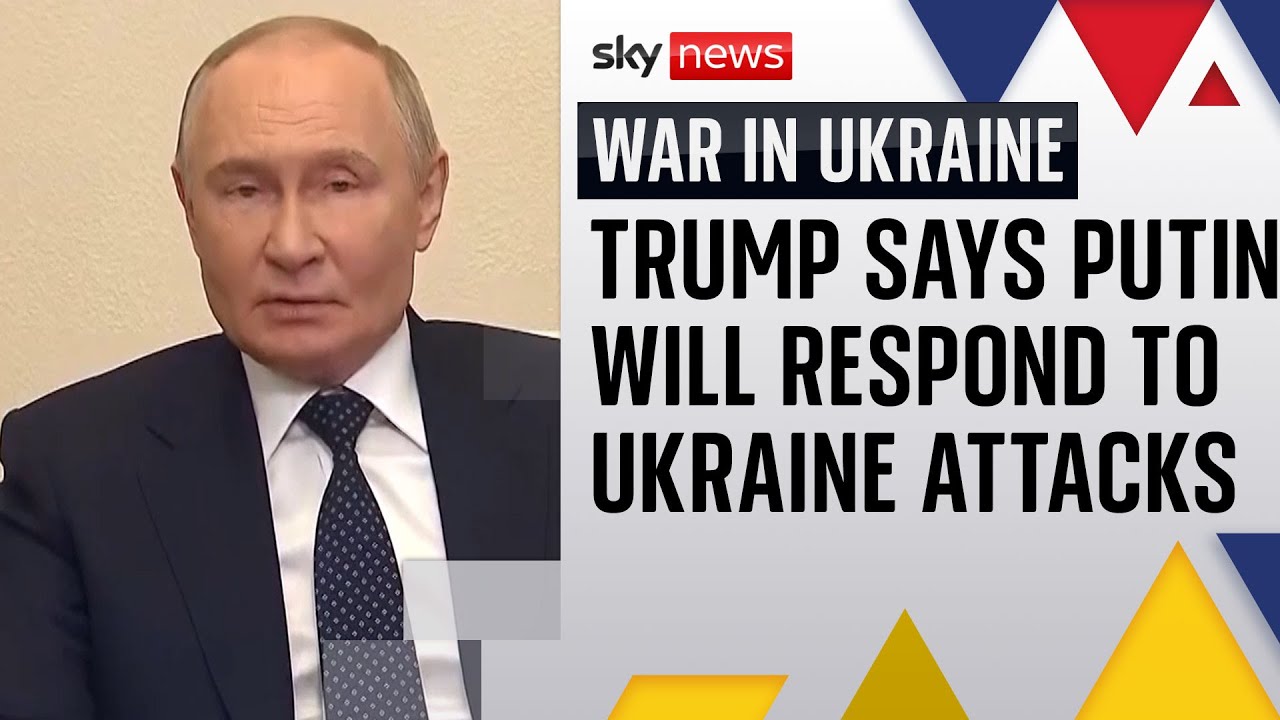The attack on a Russian bridge by Ukraine has intensified hostilities, prompting Putin to threaten retaliation and call for negotiations, though prospects for peace remain uncertain amid ongoing escalation and diplomatic tensions. Russia downplayed recent Ukrainian drone attacks, while both sides continue military actions, with fears of further conflict, including the possibility of nuclear responses, growing amidst stalled peace talks.
The recent attack on a bridge in Russia’s Briansk region, which resulted in seven deaths and many injuries, marks a significant escalation in the Ukraine-Russia conflict. The attack involved blowing up the bridge as a passenger train was passing underneath. While Ukraine has not officially commented on the incident, Moscow blames Kiev for the attack. This event sparks concerns over increasing hostilities and the potential for further retaliations.
Russian President Vladimir Putin has responded to the attack, highlighting the Ukrainian leadership’s alleged shift toward organizing terrorist acts. Meanwhile, Russia has called for a suspension of hostilities for 30 to 60 days and has proposed high-level negotiations. However, questions remain about the feasibility of such talks given the current circumstances, and many doubt whether meaningful negotiation is possible while both sides continue to escalate their attacks.
In the midst of these developments, Moscow downplayed Kiev’s recent drone attack on Russian long-range bombers. Russia’s Kremlin, however, discussed the incident in a surprise phone call between Vladimir Putin and US President Donald Trump, emphasizing the ongoing exchanges over Ukrainian and Russian military actions. The conversation acknowledged the attacks but made it clear that such incidents are unlikely to lead to immediate peace, with Putin insisting he will respond to the recent airfield attack.
The situation has become a diplomatic back-and-forth, with Moscow portraying itself as the victim of Ukrainian aggression, reversing the previous narrative. While Trump had previously called Putin “crazy” for Russian attacks on Ukraine, the recent exchanges indicate a shift, with Russia framing its own actions as defensive responses. Moscow is also demanding that Western powers, including London and Washington, intervene to stop the cycle of escalation.
Finally, Russia’s military outlook remains uncertain, with the Kremlin refusing to rule out any options, including the possibility of a nuclear response. After recent peace talks failed to narrow the gap between the two sides, the prospects for negotiations appear bleak, and tensions continue to rise. The international community remains on alert as both Moscow and Kiev prepare for further actions, and the potential for increased escalation looms large.
